Calhoun County, AL – I have several colors of Bearded iris: Plant the rhizome so that the top is just above the soil or barely visible. Planting too deep can result in few or no flowers. The taboo to not plant too deep & not cover the top of the rhizomes seems like an oxymoron. Most gardeners are in a ritual to plant bulbs 6 inches deep. And the mystery of why some gardeners cannot get extra Iris blooms is solved. Answer: Do not plant Iris deep! Dividing of the iris is best after blooming in the spring. Yes! Some Iris can survive being transplanted in late fall before a frost. However, you risk the energy of the rhizomes concentrating on winter survival instead of spring massive blooming. Also, the Iris need breathing room. Unlike canna lilies that perform in massive close quarters, Iris needs room. Be prepared to divide your Iris every two years. If you neglect dividing Iris you decrease the size of the blooms and the amount of blooms. I was exploring a shady woodland area of my home a few years ago. And I came upon deep into the woods giant-sized Iris leaves. I dug the five giant Iris up. Now they are 25 giant tri-colored German Bearded (lilac and darker lilac, with yellow beards). Many of my farmer friends have asked me to divide their three-generational Iris and I am gifted the extras. You will be surprised how many people throw away the extra-divided Iris. Be sure to check with your community and share in the division duties and the gifted Iris colors. I grow Iris in pots that survive winter also. Most of my Iris are in ground, or raised beds. Enjoy the choices in Iris for your garden!
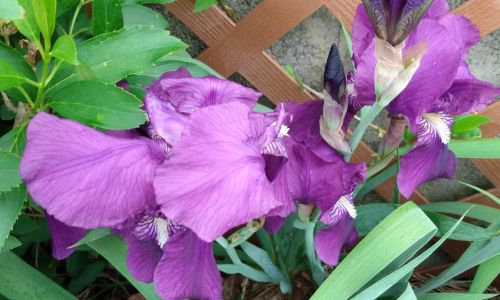
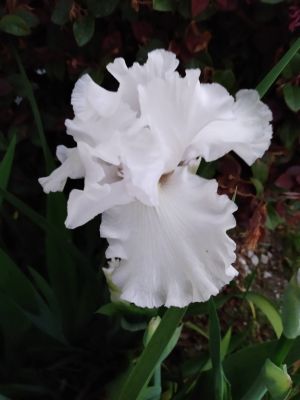
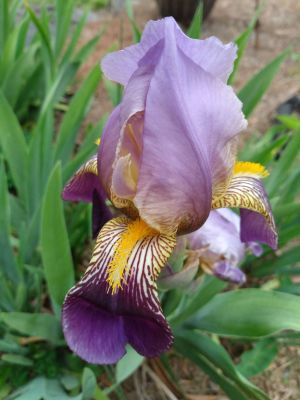
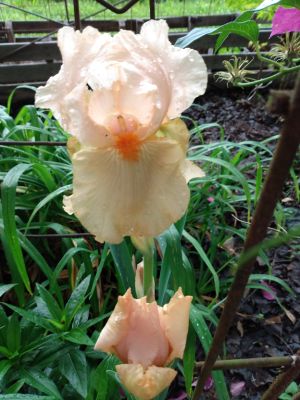
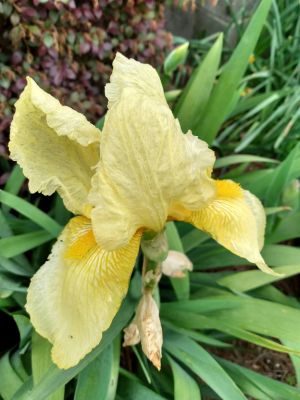
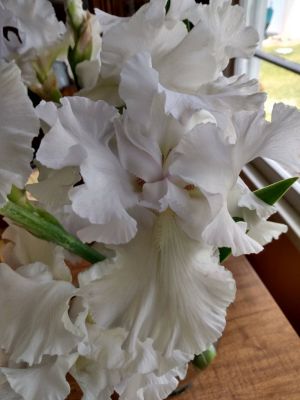
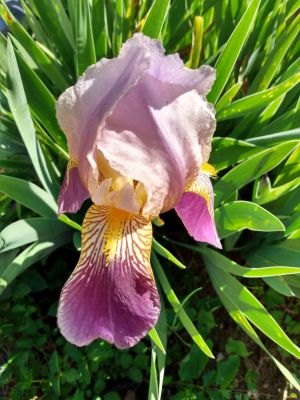
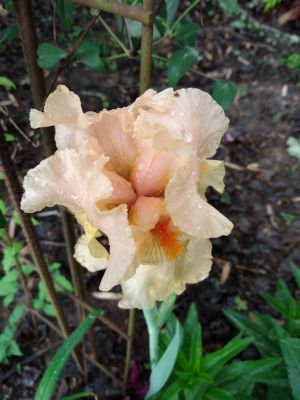
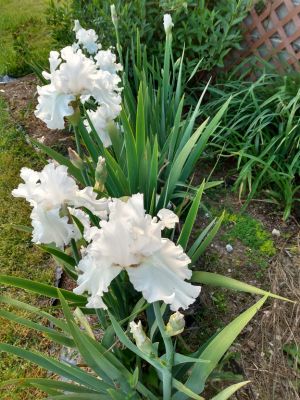
Betty Clark is a contributing writer. She has been an organic gardener since 1998. The signature flower she grows is Dahlias. She has a straw bale garden, raised bed garden, and in-ground garden. Both her surnames are agricultural farming families (8 generations). Her hobbies include ancestry research, antiques, continued education classes, and workshops. She also has a background in marketing & promotions including expos. To contact Betty Clark with gardening questions: bettyclark2151959@gmail.com










